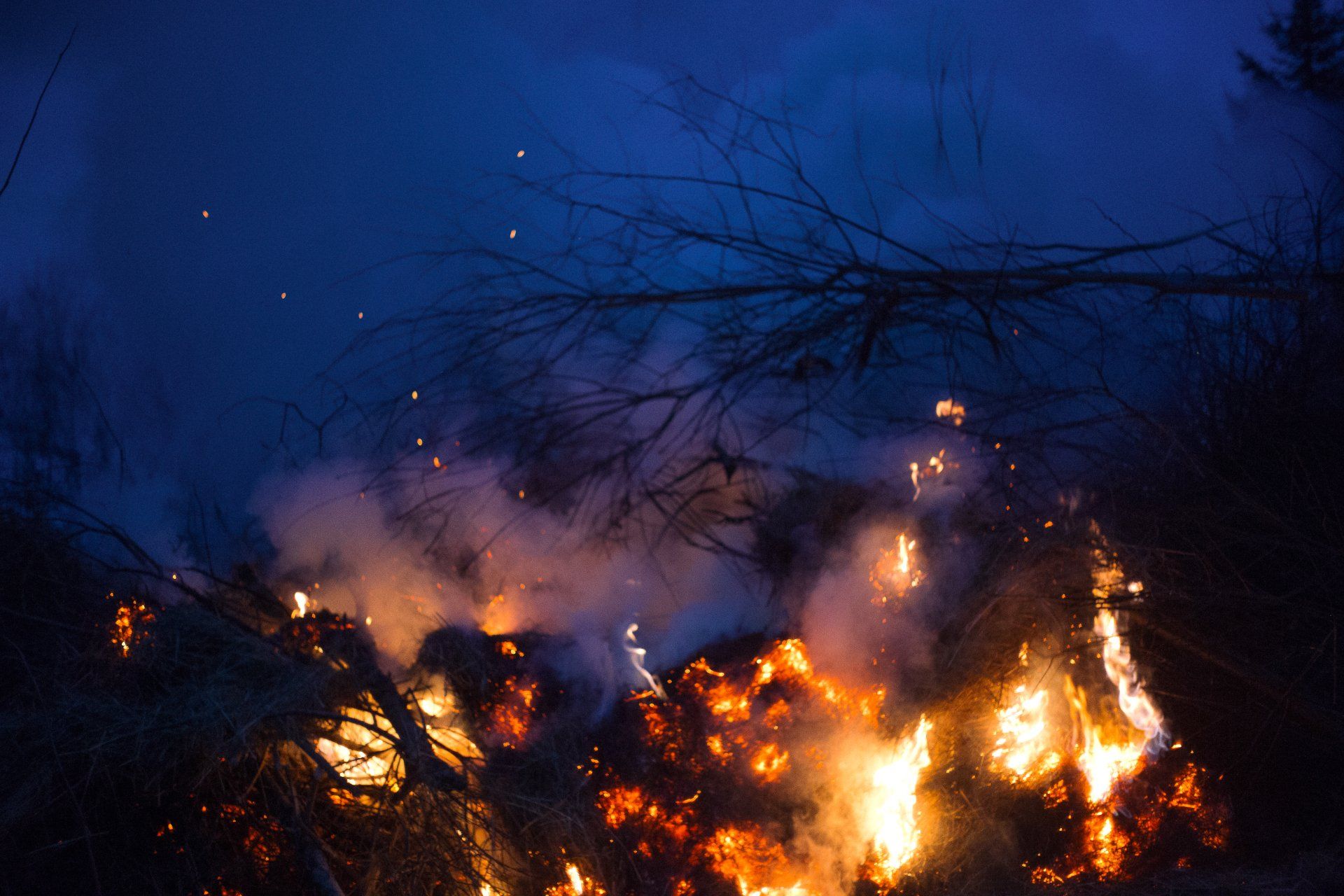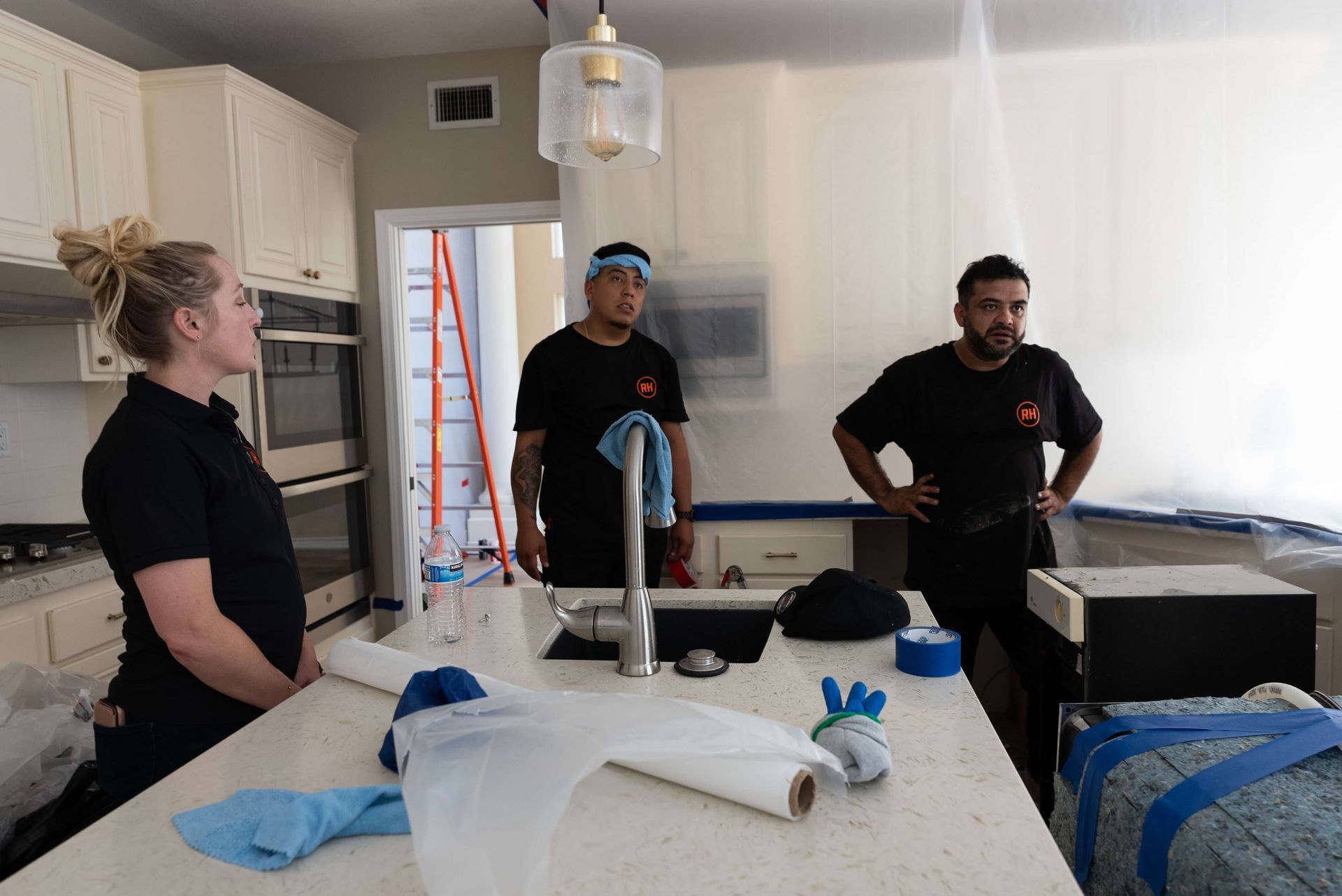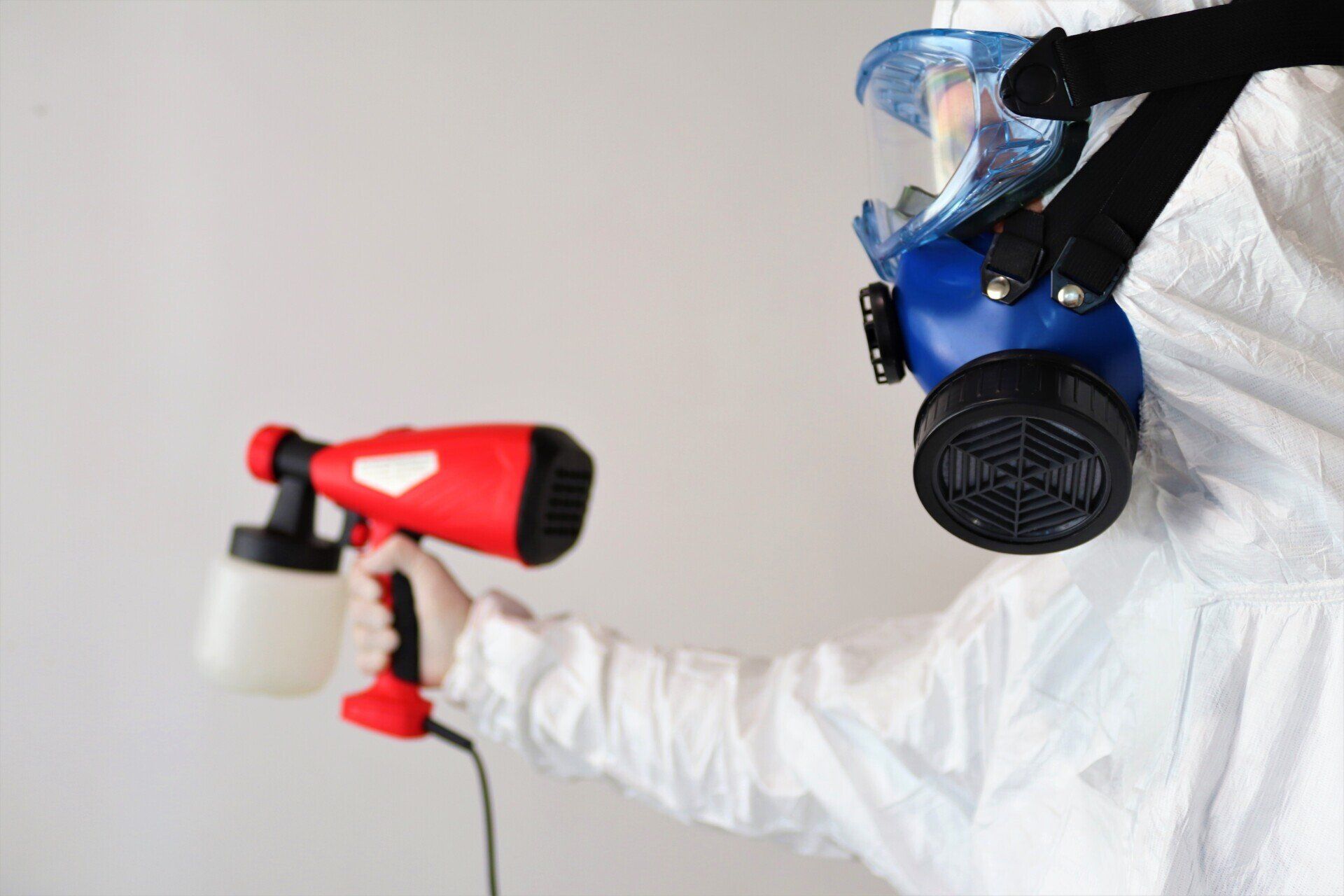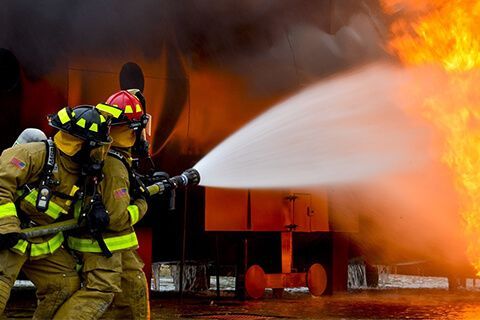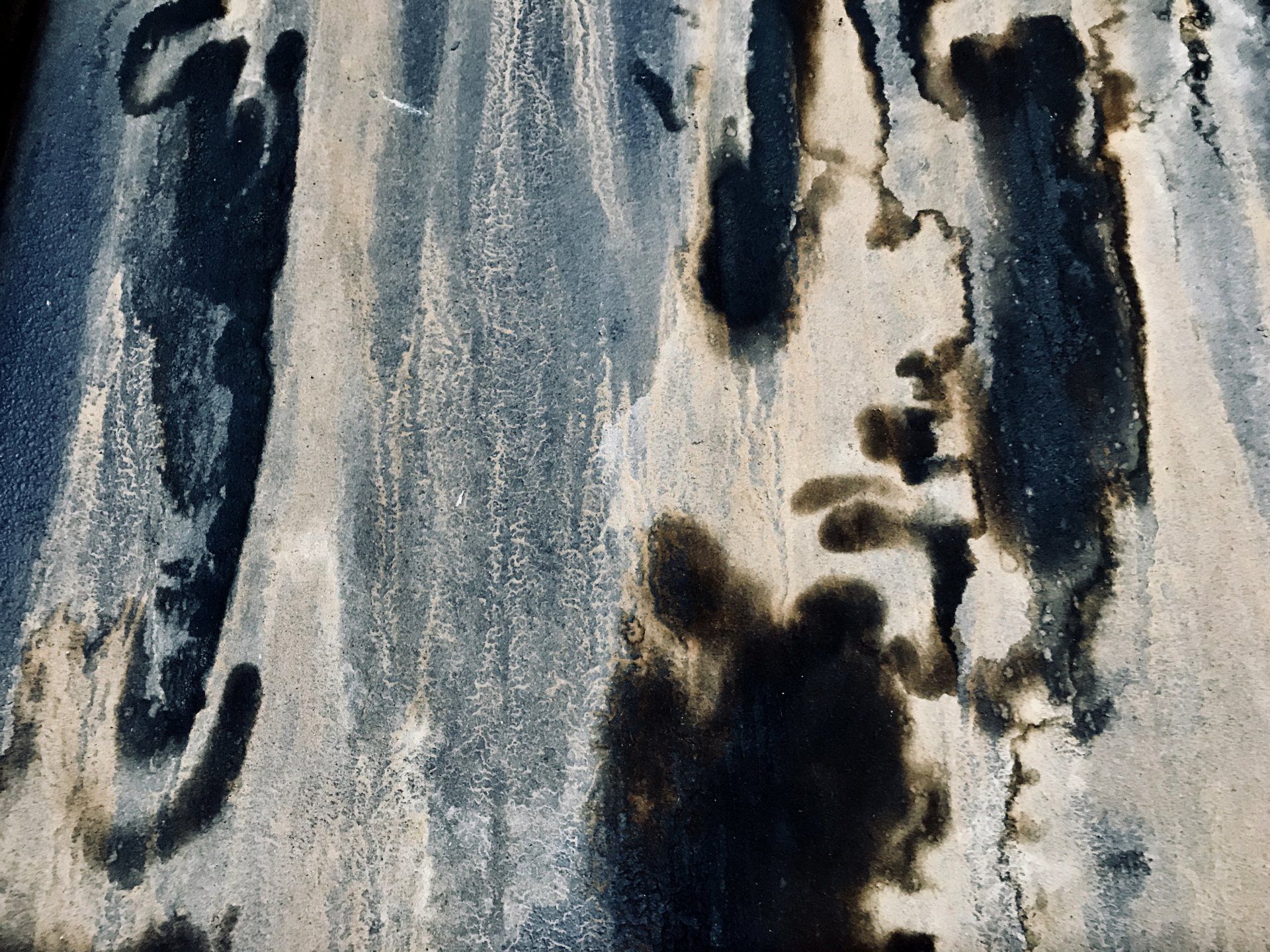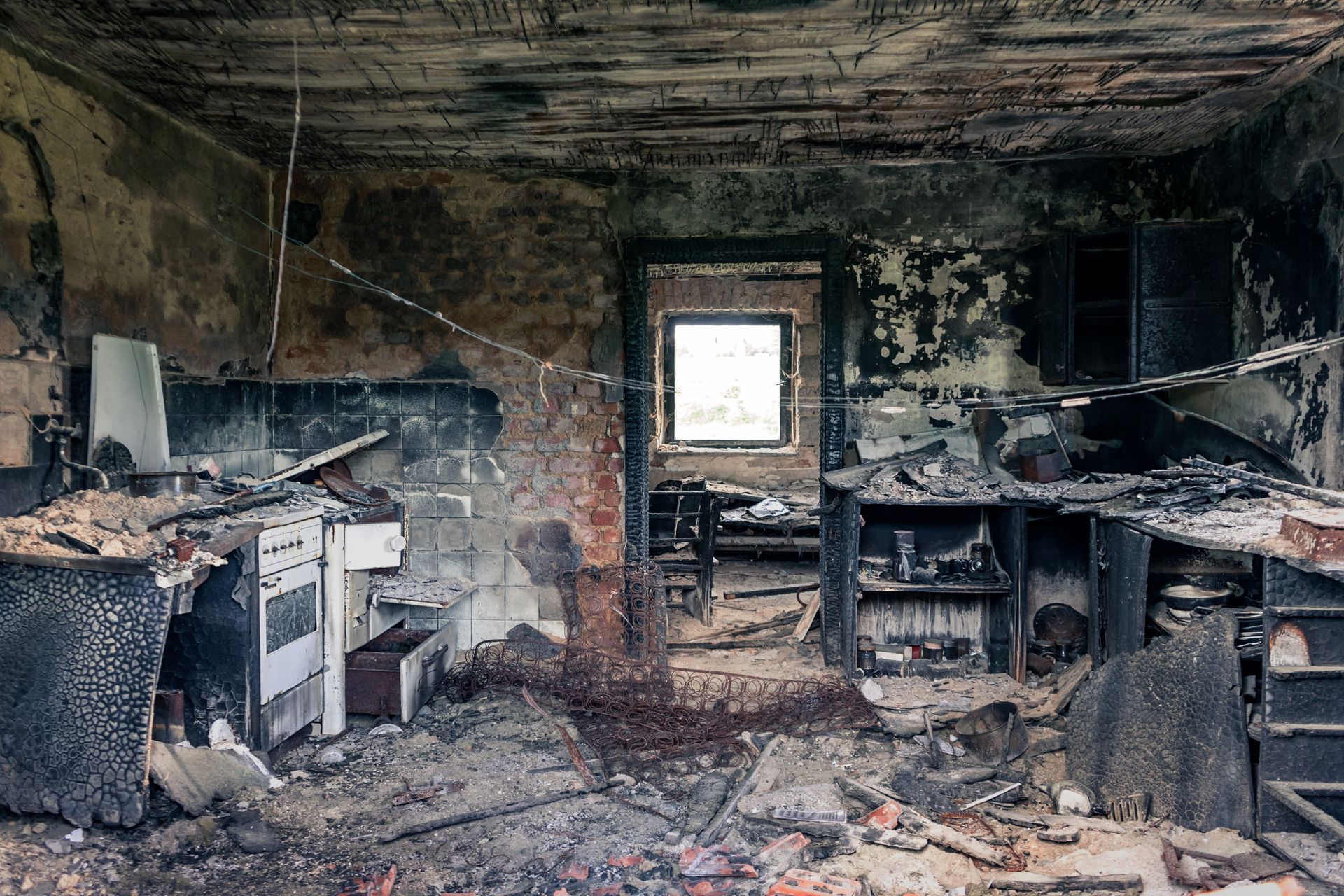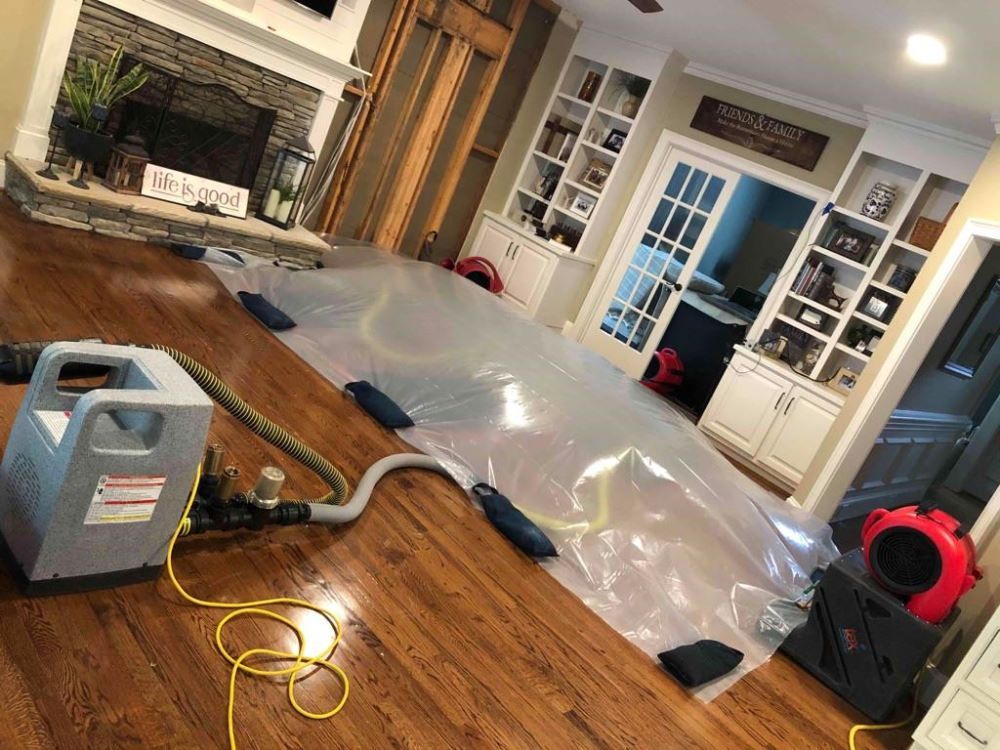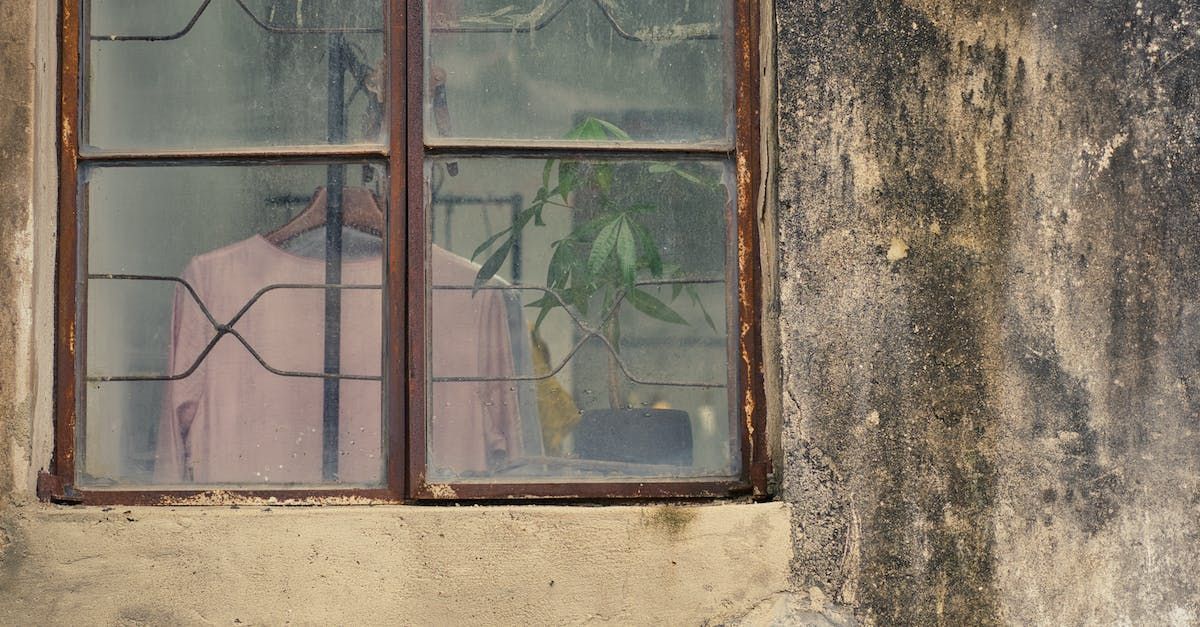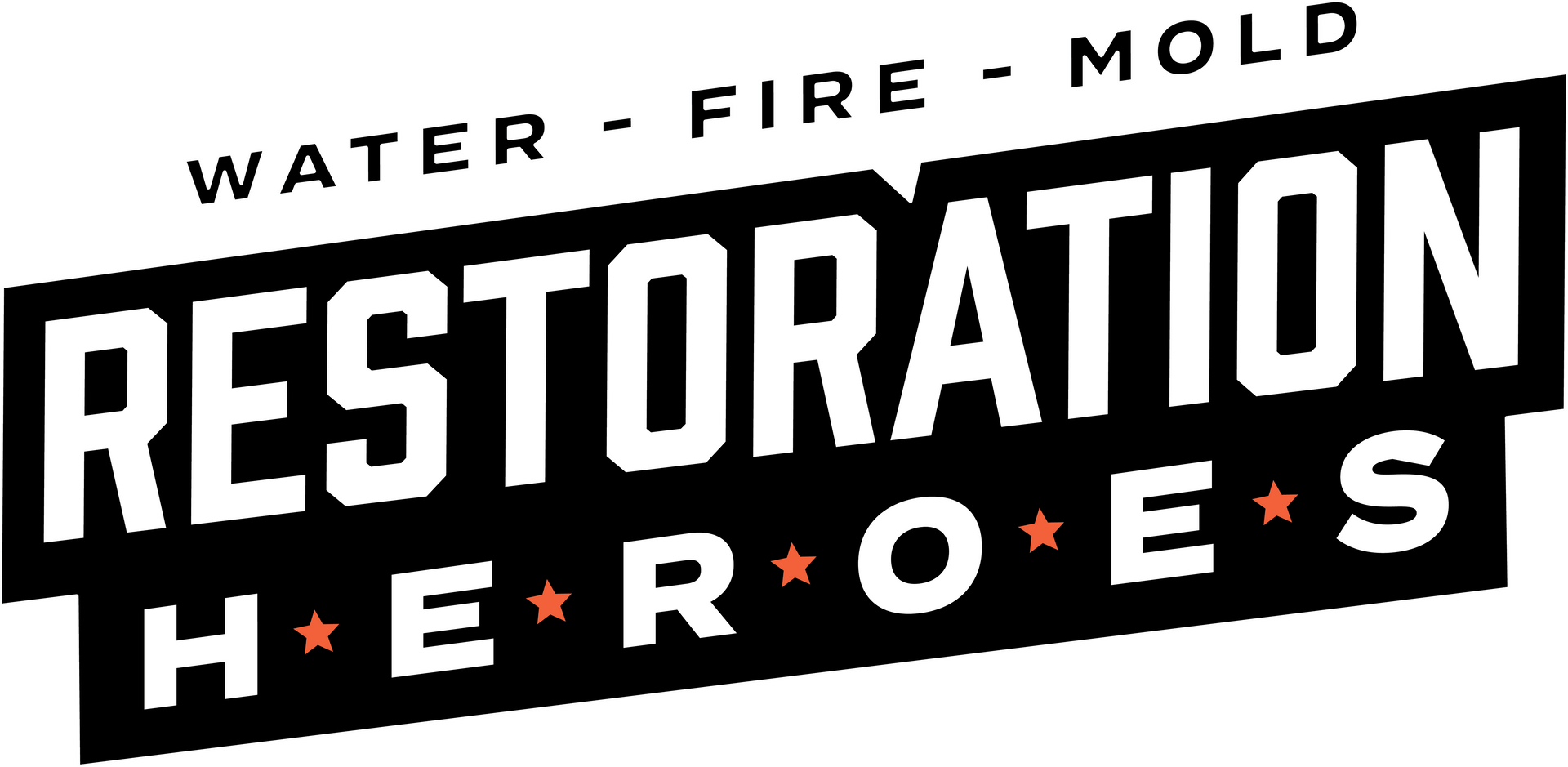
- SERVING ALL OF ORANGE COUNTY, CA
- 24/7 EMERGENCY RESPONSE
GIVE US A CALL
How to Prevent Fire Damage in Your Home
Stop Fires Before They Start: A Guide on How to Prevent Fire Damage
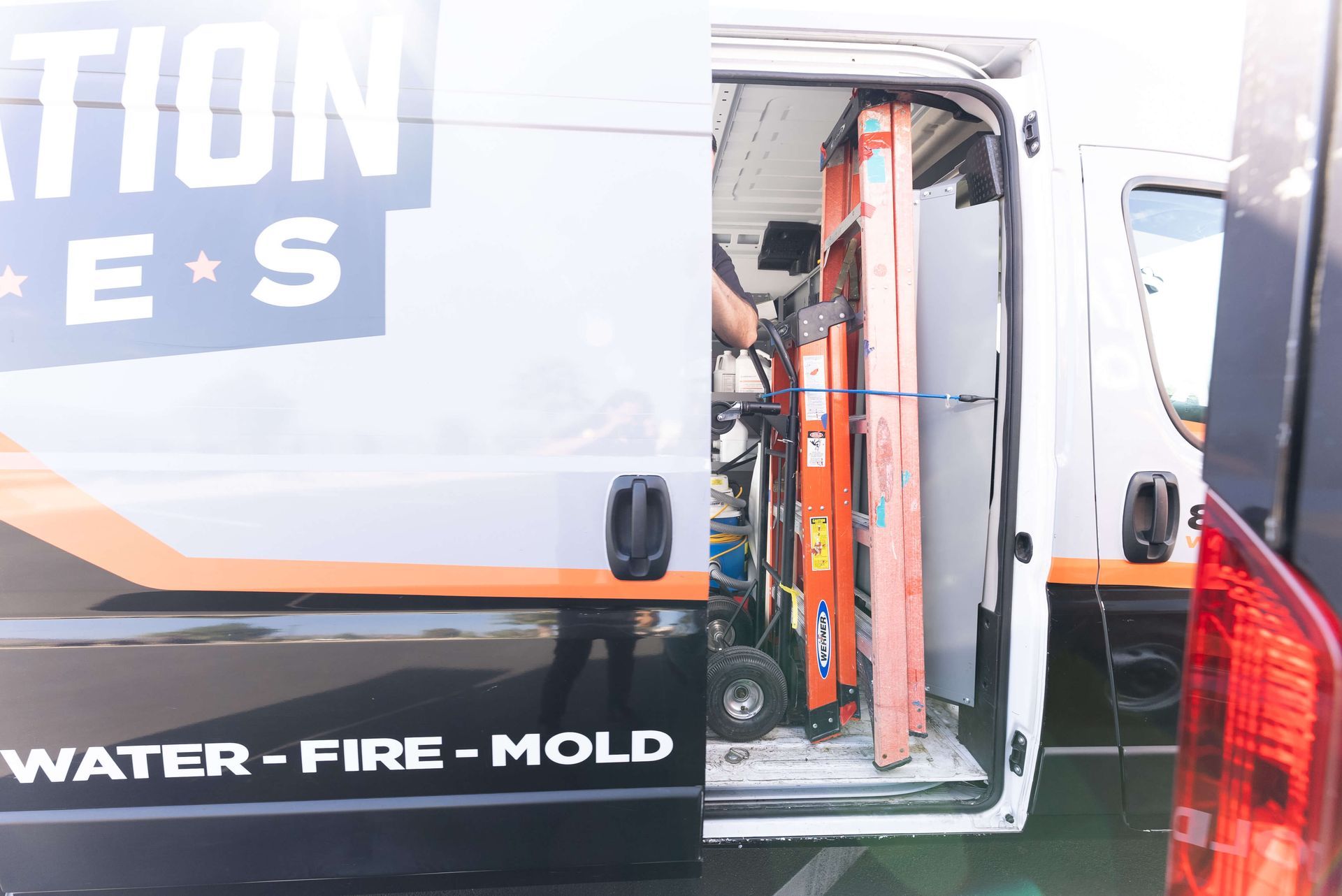
Fire prevention is a vital part of keeping your home and family safe. Every year, thousands of homes are damaged or destroyed due to house fires caused by faulty wiring, unattended candles or smoking materials, and more. While some of these fires can be prevented with proper maintenance and safety measures, others may still occur despite all the precautions taken. In this article, we will discuss the importance of fire prevention in the home, common causes of house fires, and strategies to keep your family safe from potential danger.
Understanding Fire and Its Causes
Fire is a chemical reaction that involves the combination of oxygen with heat, fuel, and an ignition source. Fire spreads quickly and can cause serious destruction in minutes. Unfortunately, house fires occur quite frequently. According to NSC Injury Facts, in 2021, 1,353,500 fires in the US resulted in 3,800 civilian deaths and 14,700 injuries. The following are the most common causes:
- Cooking accidents: Unattended stoves and ovens can easily cause fires if left on for too long. Grease fires can start when cooking oils are heated beyond their smoke point or if hot oil is added to cold oil.
- Electrical issues: Faulty wiring or overloaded circuits can cause sparking, leading to a fire. Overheated electrical components can also be a source of ignition.
- Cigarettes and other smoking materials: Discarded cigarettes or ashes that are improperly disposed of can create sparks, leading to a fire. Smoking in bed increases the chance of igniting combustible items near the smoker.
- Children playing with fire (e.g., matches, lighters): Unsupervised children can easily start fires if they are allowed access to these items, as the flame from a matchstick or lighter is strong enough to ignite nearby flammable materials.
- Flammable liquids and gasses (e.g., gasoline, propane): If these materials are not stored safely and securely, there is a risk of fire if they come into contact with an ignition source such as a spark or flame.
- Arson or intentional fires: Deliberate actions such as arson can lead to the start of fires, which may have devastating consequences.
- Natural disasters (e.g., lightning strikes, wildfires): Natural disasters such as lightning can easily ignite fires in dry conditions, and wildfires can be started by sources such as burning embers or sparks. A wildfire may spread quickly with devastating results.
Fire Prevention Tips
Homeowners should take steps to reduce the risk of fire in their homes. How to prevent fire? Here are some practical tips that can help:
Ensure Smoke Alarms Are Installed and Working
Smoke alarms are an essential tool to avoid fire. They alert you when smoke or a rapid rise in temperature is detected so that you can take action quickly and safely. Smoke alarm systems should be checked regularly to ensure they are working properly. It's recommended to test them monthly, changing the batteries at least once a year or when the low-battery warning sounds.
For maximum protection, smoke alarms should be installed on every level of the house and in or near sleeping areas. A fire screen can also help reduce the risk of fires by preventing sparks from entering a room. When installing smoke alarms, always follow the manufacturer's instructions as they are specifically tailored to that product. Be sure to position them at least 10 feet away from cooking appliances and other heat sources, as these can cause false alarms. Additionally, make sure that the smoke alarm is not obstructed by furniture or equipment.
Finally, be sure to clean the smoke alarm regularly and replace it every 10 years.
By following these instructions for installing and maintaining smoke alarms, you will ensure they are always ready to alert you in the case of a fire. Knowing these steps can greatly reduce your risk of injury or death due to a fire, so it is essential to follow them for maximum protection.
Create and Practice an Escape Plan
Having an escape plan in case of a fire is essential for ensuring the safety of all family members. An effective escape plan should include identifying multiple exits from each area of the home, as well as establishing a designated meeting place outside the home that everyone can remember and easily get to. It's also important to practice the plan regularly so everyone knows what to do if a fire breaks out.
Having a designated meeting place outside the home is important for verifying that everyone has made it out safely. This should be agreed on and memorized by all family members in advance so they know exactly where to go if an emergency arises.
In short, creating an effective escape plan and practicing it regularly are key components of staying safe in the event of a fire. It's also essential to designate a meeting place outside the home so that everyone can check in and make sure everyone is accounted for.
Regularly Maintain Appliances and Electrical Wiring
Homeowners should take the time to properly maintain their appliances and electrical wiring. This ensures that they are running efficiently and safely, reducing the risk of potential hazards. Regular maintenance is essential in keeping your home's appliances and wiring up-to-date. Some of the things you can do include checking cords for damage or frays, ensuring that outlets and switches are working properly, and avoiding overloading your appliances.
Additionally, it is important to have professional inspections or repairs done periodically. This should be done in the case of extensive repairs, such as replacing worn-out cords or other components. A professional inspection can also detect potential issues that may not be visible to the untrained eye.
By properly maintaining your appliances and electrical wiring, you can save yourself time, money, and stress in the long run. This will help ensure that your home is safe and efficient for years to come. If ever in doubt about a repair or inspection, always consult a professional contractor. They are trained to spot potential issues that may not be visible to the untrained eye and can give you peace of mind that the job is done right.
It is always important to remember safety first when it comes to your electrical wiring and appliances. Regular maintenance and professional inspections are key in keeping your home up-to-date and hazard free. Taking the time to do these steps now will help ensure a safe and efficient home for years to come.
Properly Dispose of Cigarettes and Other Smoking Materials
Smoking materials can be dangerous to both people and the environment. The smoke from cigarettes and other smoking materials contains toxic chemicals that are harmful when inhaled. In addition, improperly disposing of these materials, such as throwing them in the trash or outside, can result in a fire hazard or pose a danger to wildlife.
It is important to dispose of smoking materials properly to ensure safety. Ashtrays should be used and emptied regularly. Never throw cigarettes or other smoking materials in the trash or outside where they can become a fire hazard or harm wildlife. Additionally, avoid discarding matches or lighters in areas where children could find them and cause an injury. Finally, check for embers before discarding any smoking materials to make sure they are fully extinguished.
Don't Leave the Food Unattended When Cooking
Leaving food unattended while cooking can be a dangerous practice. Not only does it risk burning the food and releasing smoke, but it also increases the chance of kitchen fires. It is best to stay in the kitchen when you are cooking and never leave any flammable items or materials near the stove or oven.
Some tips for safe cooking include keeping a fire extinguisher close to the stove, never leaving the kitchen with open flames, and setting a timer to remind you when something is cooking. Make sure all small items, such as oven mitts or towels, are moved away from the stove while cooking, as they can easily catch on fire if left too close. Additionally, keep a lid nearby in case there is an emergency, and it needs to be quickly put over any flames. Finally, it is important to check your smoke detectors regularly to ensure they are working properly in case of an accident.
By following these tips and staying vigilant while cooking, you can help prevent dangerous kitchen fires or injuries related to food being left unattended.
Use Caution When Using Candles or Space Heaters
Candles and space heaters can be dangerous if not used properly. Candles present a fire hazard due to the open flame, while space heaters can cause house fires due to their use of electricity or combustible fuel. To ensure safety when using either of these items, here are some tips:
- Keep candles away from any flammable materials such as curtains or furniture. Place them on a sturdy surface that is far away from any potential sources of ignition.
- Never leave a candle unattended - extinguish it before leaving the area.
- Space heaters must always be plugged directly into an outlet rather than using an extension cord. Make sure to keep them away from anything that could catch fire.
- Be sure to turn off the heater and unplug it when not in use.
By following these tips, you can make sure that both candles and space heaters are used safely while still providing warmth and ambiance to your home. If you have any doubts about the safety of either item, err on the side of caution and do not use them at all. Safety should always come first!
Safely Store Flammable Materials
It is essential to store flammable materials in a safe and secure location. Failure to follow safety protocols when storing these materials can lead to serious accidents, fires, and even fatalities. Proper storage of flammable materials requires some basic safety precautions.
First and foremost, keep flammable materials in a cool, dry place, away from any heat sources or open flames. Also, it is important that all containers are properly sealed with plug covers or screw caps securely fastened on them at all times. This will help prevent the spread of vapors and potential fire hazards. For extreme cases, consider keeping the material in a separate room designed for storing combustible substances, such as an approved storage cabinet or closet with appropriate ventilation.
In addition, it is important to keep flammable materials away from incompatible substances such as bleach, ammonia, and other corrosives or oxidizers, which could cause a dangerous reaction. Another important safety tip is to never smoke near or around these materials and always wear appropriate personal protective equipment when handling them.
Fire Safety Equipment
Having the proper safety equipment in place is essential for preventing and containing a fire, which can save lives and property. By following the safety tips, homeowners can be sure they have the right equipment on hand to handle any potential fires that may occur.
- Smoke alarms are essential for any home, as they detect smoke and alert occupants of a potential fire. Regularly check your smoke alarm to make sure the battery is working, and replace it every 10 years.
- Fire extinguishers can be used to put out small fires quickly and safely. Always keep an appropriate fire extinguisher nearby in case of an emergency. It's important to read the instructions on the fire extinguisher before using it so you know how to use it properly.
- Fire blankets are a great way to smother a small fire and can be used in place of a fire extinguisher if needed. Ideally, keep one near an area where there could be a potential fire risk, such as the kitchen.
- Sprinkler systems are an effective way to reduce the spread of a fire, as they can be activated quickly and prevent much of the damage that can occur from a fire. Install sprinklers in areas where there is an increased risk for fires, such as kitchens or living rooms with flammable materials.
Dealing With Fire Damage? Call Restoration Heroes!
It is important to take proactive steps to prevent fire damage in your home. Regularly check your electrical wiring and smoke alarms. Ensure space heaters are placed at least three feet from any flammable materials. Avoiding overloading outlets with too many electronics. Properly store combustible items away from sources of heat. Following these safety precautions can greatly reduce the risk of
fire damage in your home.
If your home does suffer fire damage, Restoration Heroes is here to help. We specialize in fire and smoke restoration services and are experienced in quickly and efficiently restoring homes to their pre-fire condition. Contact Restoration Heroes today to get the help you need.
CONTACT US 24/7 FOR RESTORATION HELP
Works with all major insurance carriers
Proven & personalized service
Professional, high-quality workmanship
24/7 emergency service
90 Minute On-Site Response Time
IICRC & background checked technicians
OR GIVE US A CALL
Don’t wait on water damage repairs, as it will only complicate the matter and invite more cost and frustration. Restoration Heroes are available 24/7 to help Irvine residents and property owners return their property back to its original state – safely, securely, promptly!
Restoration Heroes is a 24/7 emergency restoration company based in Irvine, CA, and services all of Orange County, CA. We are experienced in water damage restoration, fire damage restoration, mold damage remediation, biohazard cleanup, storm damage cleanup, and more. Our industry experts can advise you on your options, offer guidance, and create the absolute best case outcome for your situation.
QUICK LINKS
All Rights Reserved | Restoration Heroes

